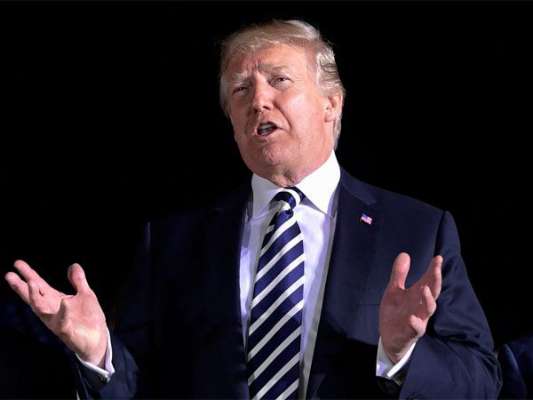US President Donald Trump on Sunday, May 13, showed his friendly face to China by tweeting that he, along with his Chinese counterpart Xi Jinping, were trying to find a way for ZTE, the fourth-largest smartphone maker in the US, “a way to get back into business, fast”.
The Chinese smartphone manufacturer has been facing problems because of a seven-year ban imposed by the US Commerce Department in April whereby US businessmen were barred from selling hardware or services to the firm which was found flouting American sanctions on Iran. It led to the firm shutting major activities which affected its business and led to “loss of too many jobs in China,” something also Trump tweeted about.
For many, this tweet by Trump was surprising for he has shown his concern more for protecting jobs in America than those in China but Shenzhen-based ZTE has been saying throughout that it invested a big money in the US and the company spent over $2 billion from US-based businesses in 2017, according to sources close to the company, according to a report in CNET.
While Doug Jacobson, an export controls and sanctions attorney for the representative of the suppliers that do business with ZTE, Jacobson Burton Kelley, said the development was “entirely unprecedented,” as CNET reported, the Chinese media also welcomed Trump for his decision.
Global Times, China’s English newspaper run by the People’s Daily, said no matter what prompted him to take the decision, Trump’s call was a welcome one. It said a significant number of America-made components could be found in ZTE products and it would be difficult to find an alternative source. It said ZTE, which has 80,000 employees, could avoid halting its operations if the American president’s decision was carried out fast.
“It is worth pointing out that restoring ZTE supplies not only benefits the Chinese company, but also US suppliers as it restores vendor reputation,” the Global Times report said.
The Chinese newspaper also issued a warning saying the ZTE episode also send the message that international companies now have the risk of getting punished by Washington over small disputes without getting any opportunity of self-defence.








